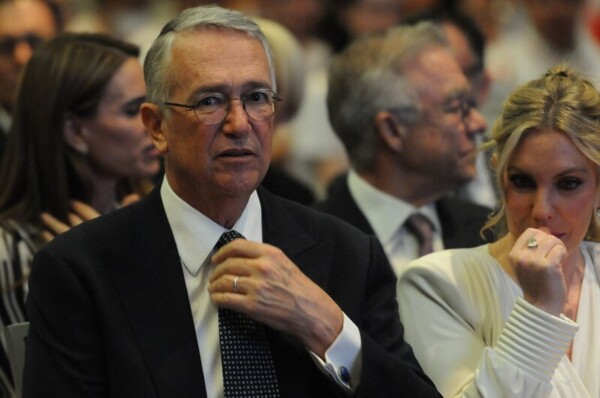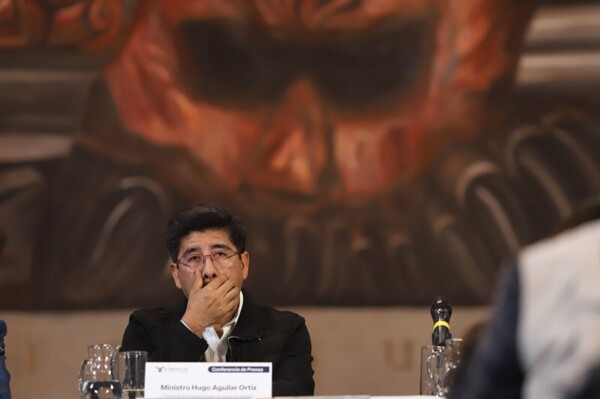
The National Institute of Statistics and Geography (INEGI) recently published an estimate of Mexico's Gross Domestic Product (GDP) for the fourth quarter of 2024, revealing an annual growth close to 0.5% for that year. During López Obrador's administration, an annual average growth of 1.5% was recorded, well below the initial promise of 6%. The economic outlook for 2025 is not encouraging, with forecasts of a possible decline in the first quarter compared to the previous year. Moreover, the uncertainty in relations with the United States poses challenges for the national economy.
In this scenario, it is likely that exports will lose weight in relation to GDP, which could be an opportunity to strengthen the internal market by stimulating the creation of formal businesses. This approach would favor the generation of formal employment and could partially counteract the decrease in national income due to the drop in exports caused by the increase in tariffs. The increase in formal businesses and jobs could not only boost the internal economy but also help increase fiscal revenues managed by the government of Claudia Sheinbaum.
The impact of tariffs, which would affect more than $588 billion in Mexican exports according to INEGI data for 2024, would generate a reduction in exports and consequently in national production, employment, and income. On the other hand, a significant increase in the prices of Mexican products in the United States is expected, which would lead to higher levels of inflation and affect the purchasing power of consumers in that country.
President Trump's administration has generated concern in the last 40 days, with disruptive decisions that could affect the effectiveness of the U.S. bureaucracy. Meanwhile, it is essential to define a solid economic plan for the coming years in Mexico, considering the possible imposition of tariffs by the United States. However, taking into account the volatility of President Trump's actions, especially after events like the release of fugitive Caro Quintero, uncertainty persists.
The recent tension between Trump and Ukrainian President Volodymyr Zelensky highlighted the American president's priority on economic aspects, to the detriment of geopolitical and humanitarian implications. Trump's administration has been questioned for its monetary approach in conflict situations, such as Russia's invasion of Ukraine. The repercussions of these policies could negatively affect the global economy and the international relations of the United States.
In light of the decrease in Mexican exports due to tariffs, the need to foster both domestic and foreign investment is raised to compensate for the economic impact. Additionally, it is suggested to consider public spending as a relevant variable, despite the current fiscal imbalance that has been partially mitigated through increased debt.














